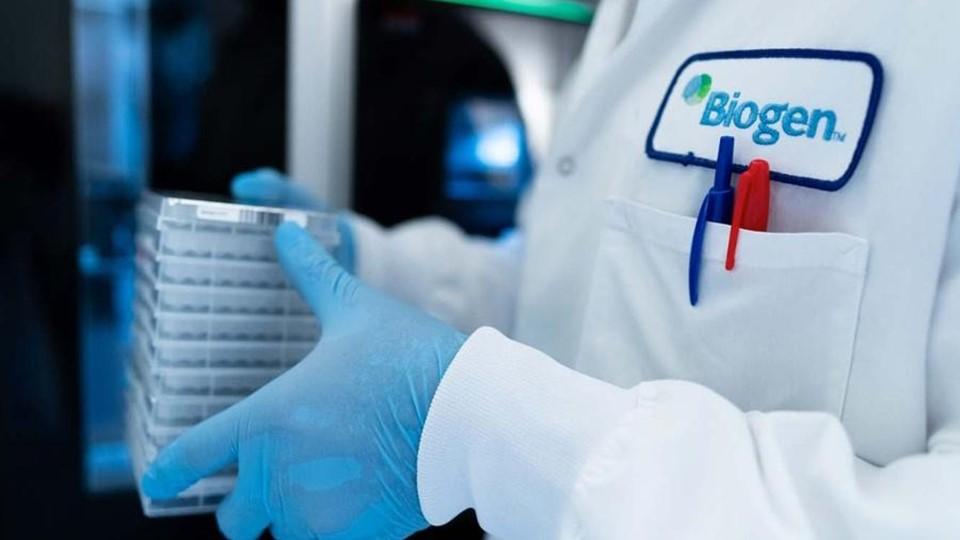Biogen bolsters ischaemic stroke pipeline with thrombolytic from TMS

Biogen has licensed a new drug from Japanese biotech TMS that it hopes could provide a big advance on an old treatment approach – using clot-busting thrombolytic drugs to treat ischaemic stroke.
The US company has exercised an option to acquire TMS-007, which it described as a next-generation thrombolytic that could offer safety and efficacy advantages over current drugs for strokes caused by clots blocking the blood supply to the brain.
Biogen is paying $18 million upfront to buy rights to TMS-007, which is in mid-stage clinical testing, and has also pledged another $335 million tied to development, regulatory and sales targets.
At the moment the only approved thrombolytic therapy for stroke is alteplase – or recombinant tissue plasminogen activator (tPA) – which was originally developed by Genentech. It is administered as quickly as possible after the onset of a stroke in order to break down the clots blocking blood vessels and restore blood flow to the brain.
Currently there is a very narrow window of opportunity to administer tPA, ideally within four and a half hours of stroke symptoms starting according to UK guidance, and it is estimated that only around 12% of stroke patients meet the criteria to receive the drug.
Moreover, the clinical evidence for tPA's benefits is mixed, with some trials showing a benefit and others showing harm – in particular a risk of bleeding in the brain seen in approximately 6% of cases. Around 10% more patients survive and live independently after tPA treatment, according to studies.
Other thrombolytics are available for use in treating heart attacks and blood clots in peripheral arteries, such as reteplase and tenecteplase, but these are not approved to treat strokes.
There have been other attempts to introduce a new-generation thrombolytic, so far without success. Lundbeck's desmoteplase was looking like a promising candidate before it failed phase 3 trials in acute ischaemic stroke several years ago.
The drug was tested for administration up to nine hours after symptoms started, and was also easier to administer than tPA, requiring a single bolus injection rather than a bolus followed by a one-hour infusion, but was abandoned in 2014.
TMS-007 has already cleared a phase 90-patient 2a trial which allowed it to be dosed up to 12 hours after the start of symptoms, which prompted Biogen's decision to acquire the drug.
The average treatment time was nine and a half hours later, and the drug was able to restore blood flow and achieve better functional patient recovery compared to placebo, with no cases of bleeding in the brain reported.
"It has been almost 25 years since the last thrombolytic agent was approved for acute ischaemic stroke," said Biogen's R&D chief Alfred Sandrock.
"We believe this novel investigational drug may expand the number of eligible patients who could potentially receive thrombolytic therapy and thus have a higher chance of functional independence after stroke," he added.
Biogen is already developing an intravenous formulation of diabetes drug glibenclamide as a treatment for large hemispheric infarction (LHI), a severe form of ischaemic stroke. That project has reached the phase 3 testing stage with a readout due next year.
The company is now planning large-scale trials of TMS-007 as it waits for a verdict from the FDA on its most-anticipated pipeline drug – aducanumab for Alzheimer's disease. The signs for that programme are not looking good however after an advisory committee voted against approval last November.
This week, a draft report from the US Institute for Clinical and Economic Review (ICER) concluded that there is insufficient evidence to determine whether aducanumab will provide health benefits to people with Alzheimer's.













